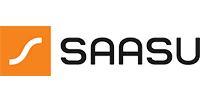
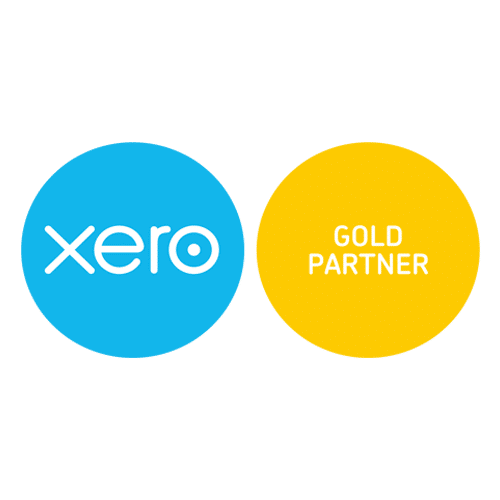

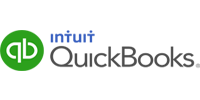
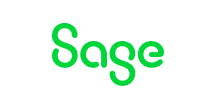
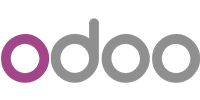
Dubai’s status as a bustling metropolis has attracted healthcare professionals from around the world, seeking opportunities in a vibrant and growing sector. However, with the allure of tax-free income comes the responsibility of understanding the tax implications for healthcare professionals practicing in Dubai. In this guide, we will explore essential tax planning strategies, medical deductions, and practice expenses that healthcare professionals in Dubai should be aware of.
In the world of tax planning for healthcare professionals in Dubai, careful consideration is important, given the unique tax landscape of the region. Dubai offers the benefit of tax-free personal income, but the introduction of wealth tax and Value Added Tax (VAT) necessitates a precise financial strategy. Maximizing deductions for medical expenses, continuous professional development, and practice-related costs is pivotal for tax optimization.
Meru Accounting offers expert guidance tailored to the specific needs of healthcare professionals. Our profound understanding of Dubai’s intricate tax regulations enables healthcare professionals to focus on their core objective of delivering exceptional healthcare services while upholding financial prudence. Staying vigilant and proactive, healthcare professionals can harness the full potential of their medical practice, aligning seamlessly with Dubai’s evolving tax laws, all under the guidance of Meru Accounting’s expert professionals.
Dubai offers tax-free personal income, but healthcare professionals should be aware of the wealth tax and Value Added Tax (VAT).
Healthcare professionals can optimize deductions by keeping detailed records of qualified medical expenses, investing in professional development, understanding health insurance deductions, and managing home office expenses.
Yes, healthcare professionals can potentially deduct health insurance premiums for themselves and their employees. However, specific requirements and conditions must be met, and thorough records of insurance-related expenses should be maintained.
Qualified medical expenses can include equipment, supplies, medications, and other necessities directly related to patient care. It's essential to keep accurate records of these expenses to maximize deductions.






Request for manual
This will close in 0 seconds
Request for manual
This will close in 0 seconds
This will close in 0 seconds
This will close in 80 seconds

This will close in 0 seconds
This will close in 0 seconds

This will close in 620 seconds
This will close in 0 seconds
Demo Description
This will close in 0 seconds
This will close in 0 seconds